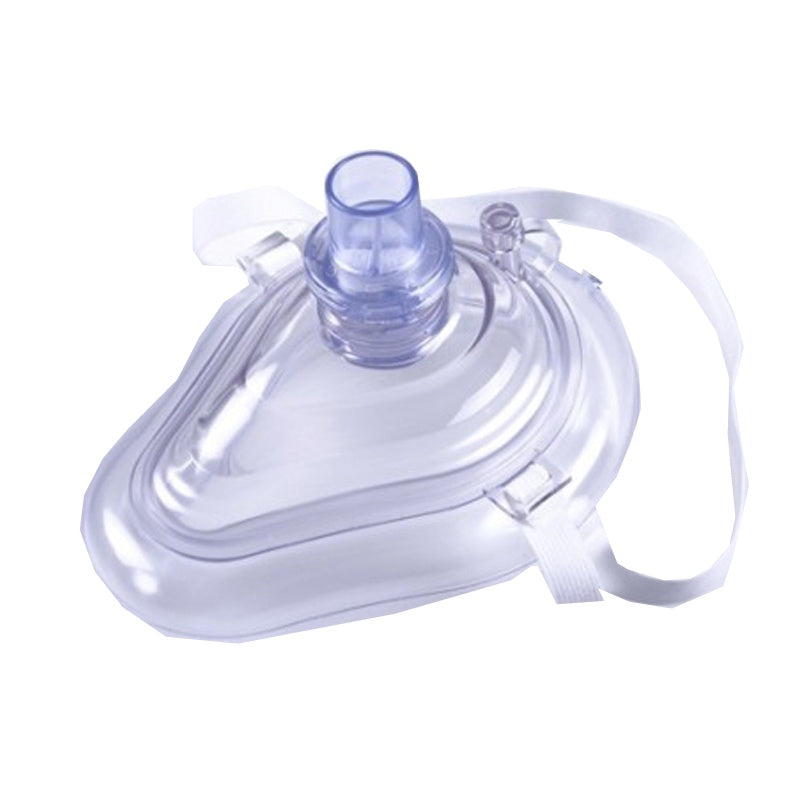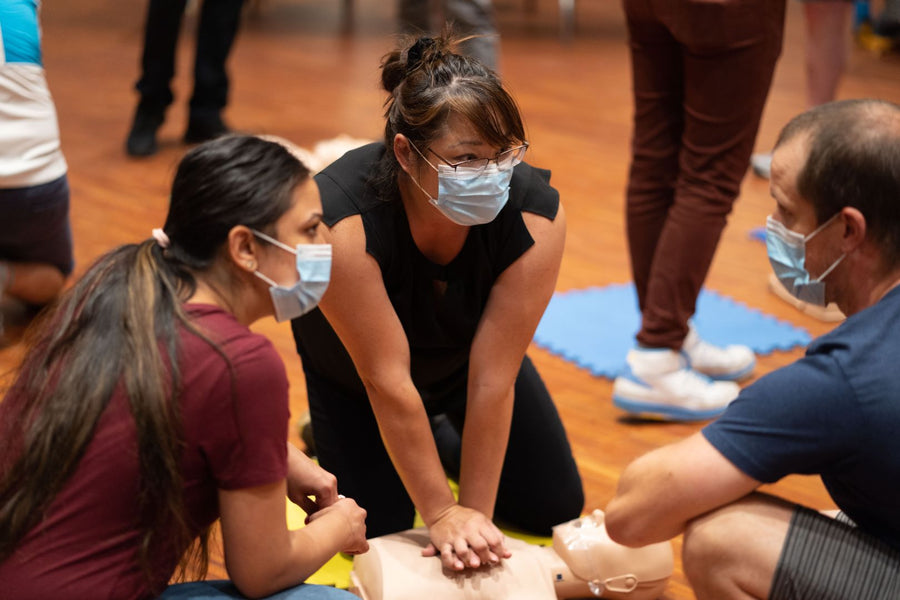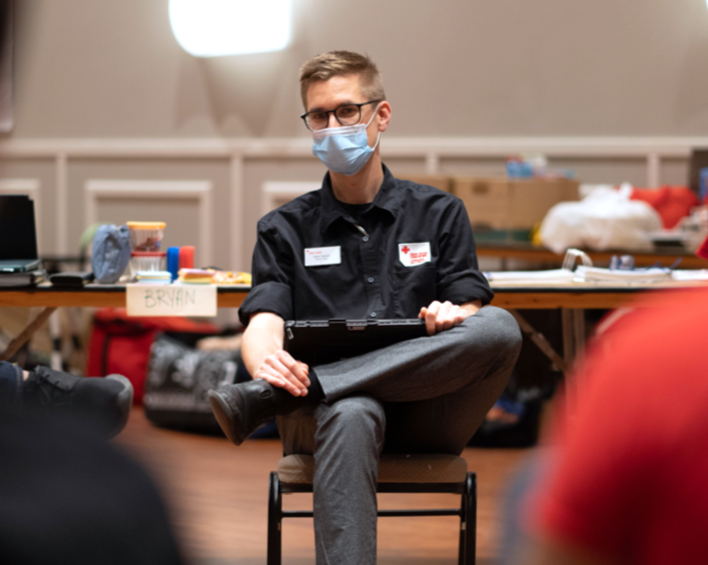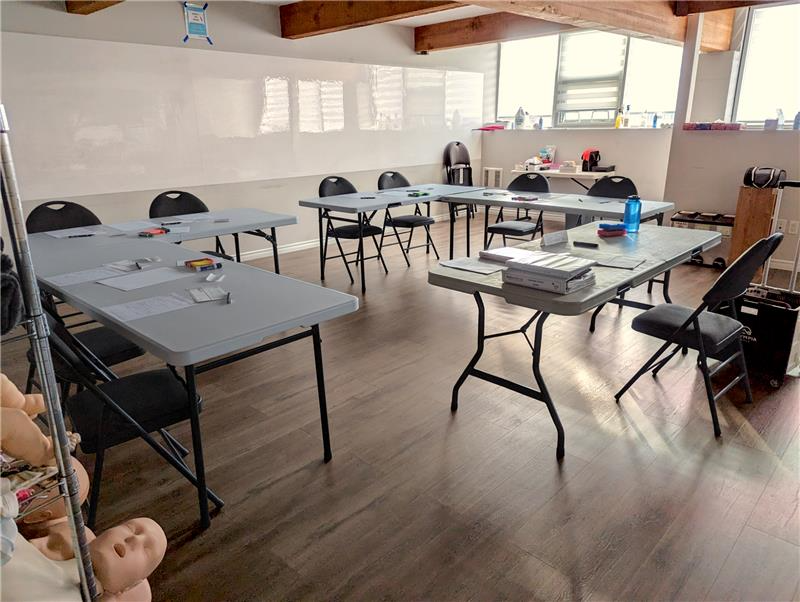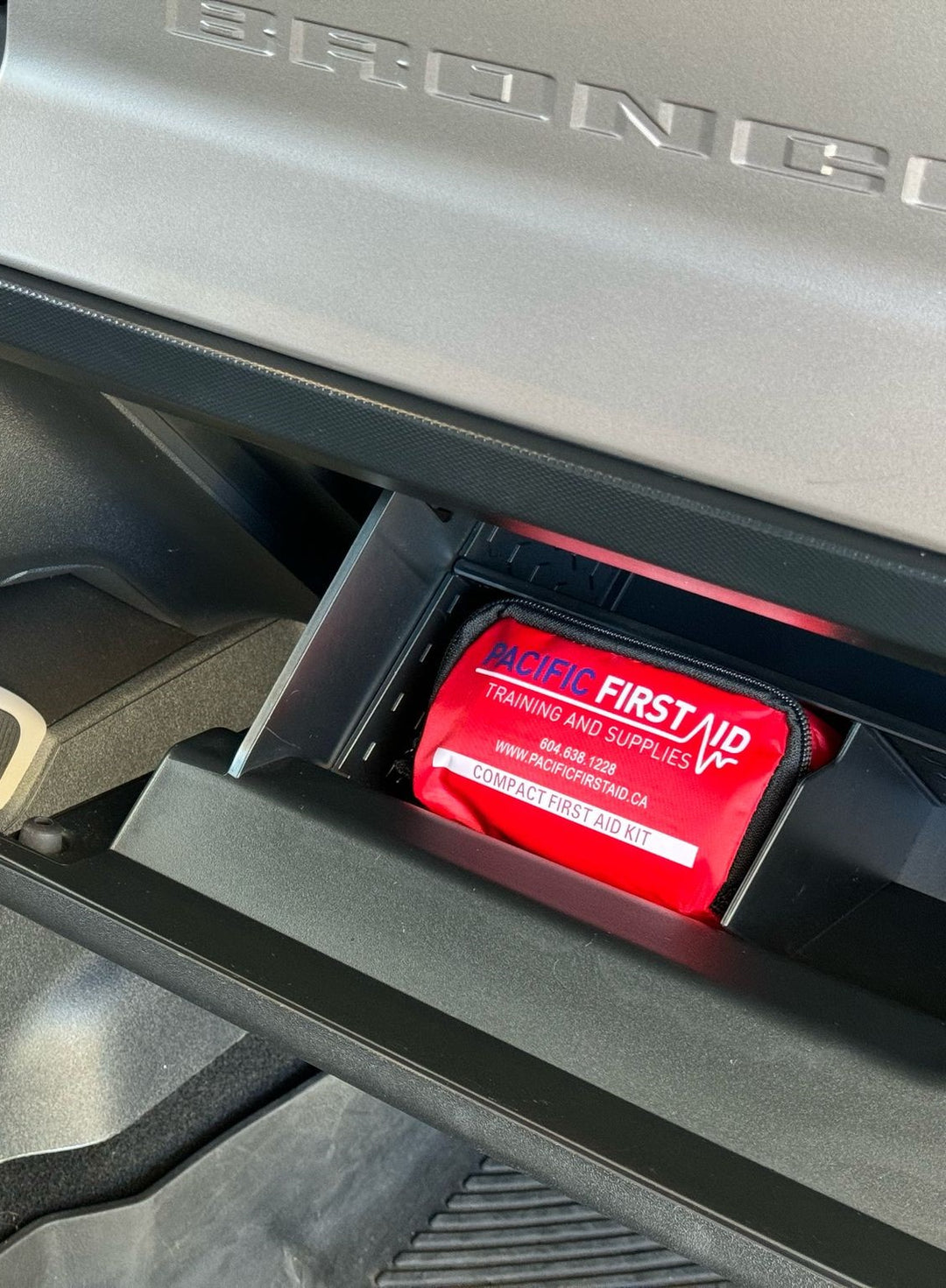
EARTHQUAKE TIPS
When a natural disaster strikes a community, it's devastating.
Understandably, it's difficult to prepare for an emergency, especially when you don't know when one will occur. While we can practice emergency drills and earthquake drills at home and at work, chances are you may not be at either place when a large-scale emergency happens.
In this article, we will be sharing some earthquake tips for different environments you may be in and what you should do to stay safe.
1. If you’re outside in the open, stay outside and stay in the open.- Avoid anything that could fall on you (trees, telephone poles, street lights, and buildings)
- Get on the ground and stay there until the earthquake stops
- Avoid anything that could fall on your car or collapse (bridges, tunnels, buildings, telephone poles, street lights, trees)
- Stop your car in a safe place
- Listen to your car radio for emergency instructions
- Safest places to take cover for you and your colleagues/loved ones: sturdy desk or table.
- Other possible places to take cover: near an interior wall, next to low furniture
- Cover your head and neck (if possible, cover your entire body)
- Avoid taking shelter that is close to anything that could shatter or fall on you: windows/mirrors, unsecured furniture/items
- Listen to your radio for emergency updates in your area
Wherever you may be, make sure your First Aid kits are stocked and easily accessible in any disaster and emergency situation. For these situations, we recommend 72-hour emergency kits and home/vehicle first aid kits.


The aftermath of what any natural disaster leaves behind...is destruction.
Working through the overwhelming process of assessing the damage, cleaning up, filing claims, securing contractors, scheduling inspections and rebuilding...is a lot. Many parts of the community will feel like a war zone even weeks after the disaster happened.
Our level of preparedness is linked to our ability to respond to and recover after any natural disaster.
If you found this article useful, share this information with your friends and family. Communities stand stronger together.



